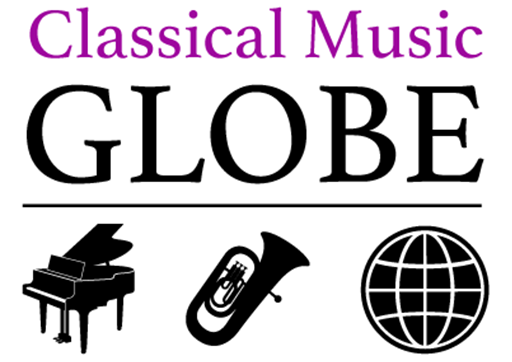1970: The Who Come Alive
50 years since its initial release, Live at Leeds maintains its position as one of the definitive live albums of all time

The narratives leading up to, surrounding and following the recording of The Who’s seminal Live at Leeds are as extensive as the original version was brief.
Live at Leeds came hot on the heels of The Who’s universally well-received rock opera, 1969’s Tommy. Somewhat of a reaction to that opus’ studio-based sounds, The Who was intent on releasing an album that showed their power and intensity as a live band—something that was never quite apparent on its studio albums. This decision was particularly timely, as after seven solid years of shows, the group was at its performing peak at this point.
According to the timeline on The Who’s official site, a huge contributing factor to its excellence as a live band was legal entanglement with the band’s one-time producer Shel Talmy. Talmy collected a considerable royalty on their recordings from 1966 for a period of five years, forcing The Who to play live constantly, as it was their main source of income. In the process the group became a formidable force on stage. By 1968, during a dip in their chart positions and– as a result–the group’s bottom line, The Who continuously performed live in order to survive financially, further solidifying their standing as a not-to-be-missed band.
The idea was to record shows from The Who’s US tour and put the group’s first live album together from material culled from those recordings. Upon returning to the UK and being faced with hours of tape, guitarist and songwriter Pete Townshend decided he didn’t want to go through it all. Reportedly, Townshend had The Who’s sound engineer, Bob Pridden—who was with the band from 1966 to 2016—burn the tapes so bootleggers couldn’t get their hand on them.

Instead The Who decided to record their shows at Leeds University’s Refectory on 14 February 1970 and at the nearby Hull City Hall the next day. A 1-inch tape machine was set up in the kitchen underneath the hall were the concert was being performed. The show was recorded onto an eight-track.
Listening back to the recordings, no backing vocals were captured from the Leeds show and no bass was captured from the Hull show. Although, in a recent interview with Rolling Stone, Pridden says that when he listened to the Hull recordings at the time of Live at Leeds’s 40th anniversary, the bass was only left off the first five or six songs but appeared on the rest of the tape.
Of the 33 songs performed at the Leeds show, including Tommy in its entirety, the first iteration of Live at Leeds features only six songs. Three of them are covers: “Young Man Blues,” “Summertime Blues” and “Shakin’ All Over.” Three of them from earlier in The Who’s career: “Substitute,” “My Generation” and “Magic Bus.” None are from Tommy. Live at Leeds was ultimately mixed by Townshend and includes overdubs of the missing backing vocals done by him and bassist John Entwhistle.
VIDEO: The Who “Magic Bus” from Live At Leeds9
The intention with Live at Leeds is not to capture the audience. Any atmospheric noise from the crowd is eclipsed by the performance. The focus here is to capture The Who at the group’s most potent moment. Record Collector quotes Townshend from an interview at the time of the recording, “One of our troubles is Keith Moon—he’s just so deafening. If we do a two and a half hour show he just started playing like a machine.”
A genuine collector’s item, the 1970 version was packaged to look like the minimally marked bootlegs prevalent at the time with a brown paper cover and a stamp of the band’s and album’s name. The gatefold vinyl includes facsimiles of memorabilia on one side, such as a copy of The Who’s contract to play Woodstock. The album hit Top 5 in the charts in the US and the UK.
There have been many, many different versions of Live at Leeds released since 1970, each one with more material packed into it than the last, including photographs and video that have surfaced over time. One of the most comprehensive is the 40th anniversary box set. This hefty collection includes not only the entirety of the Leeds show, but the entirety of the Hull show, with the missing bass parts lifted from the Leeds show and meticulously inserted into those songs. It also includes a vinyl reproduction of the 1970 six-track album, a 64-page book, a replica of the “Summertime Blues”/”Heaven & Hell” 7-inch single and a classic Who poster.
As is the case with The Who in so many instances of their storied history, and their continued legacy, they were making history on that fateful Valentine’s Day 50 years ago, and they didn’t realize it.




